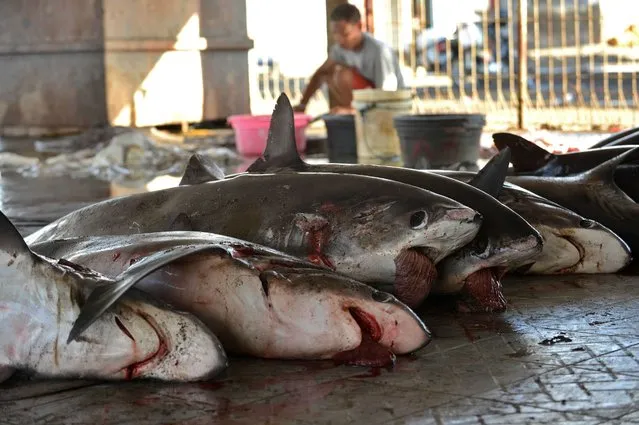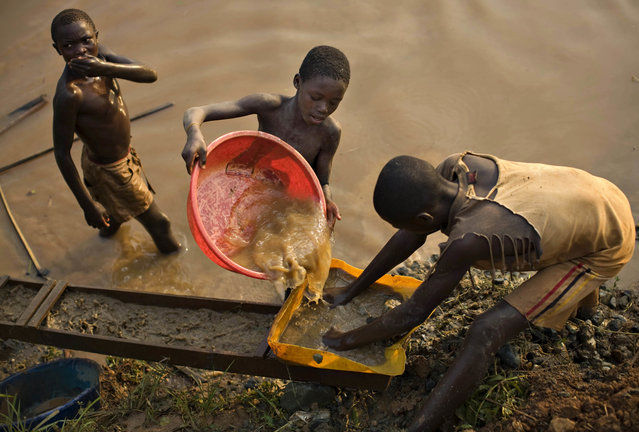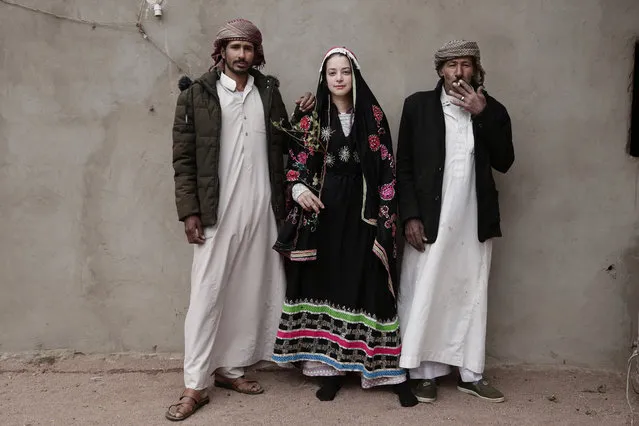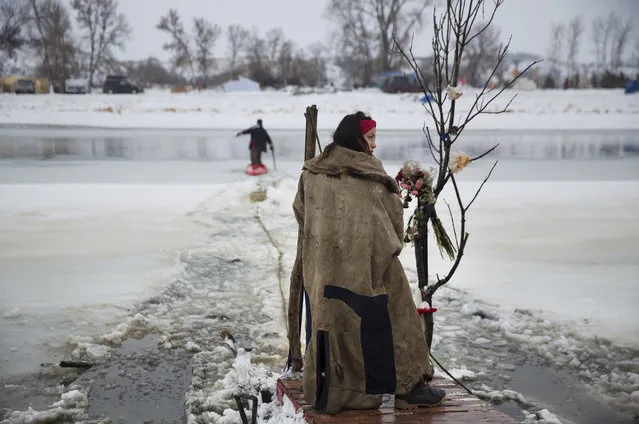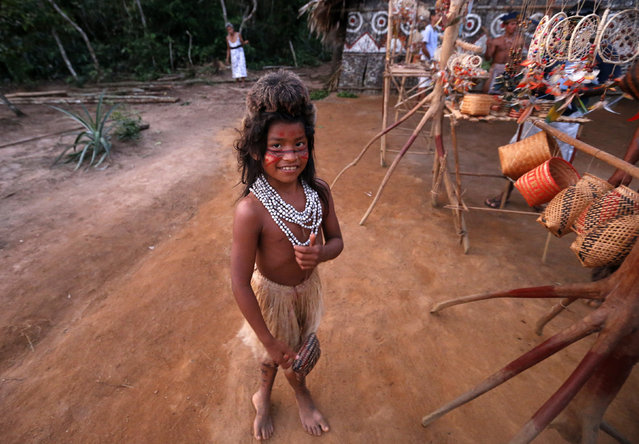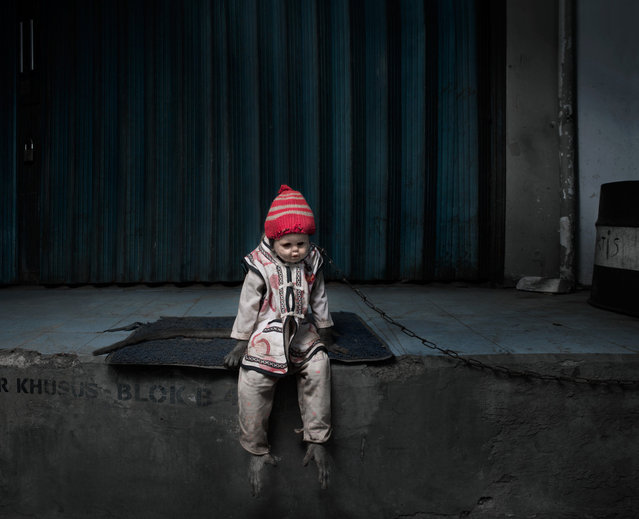
“Anna May Wong (January 3, 1905 – February 3, 1961) was an American actress, the first Chinese American movie star, and the first Asian American to become an international star. Her long and varied career spanned both silent and sound film, television, stage, and radio”. – Wikipedia
Photo: American-Chinese actress Anna May Wong wearing an Oriental-style costume and headdress. (Photo by General Photographic Agency/Getty Images). Circa 1935
Photo: American-Chinese actress Anna May Wong wearing an Oriental-style costume and headdress. (Photo by General Photographic Agency/Getty Images). Circa 1935
29 Dec 2011 09:56:00,post received
0 comments


